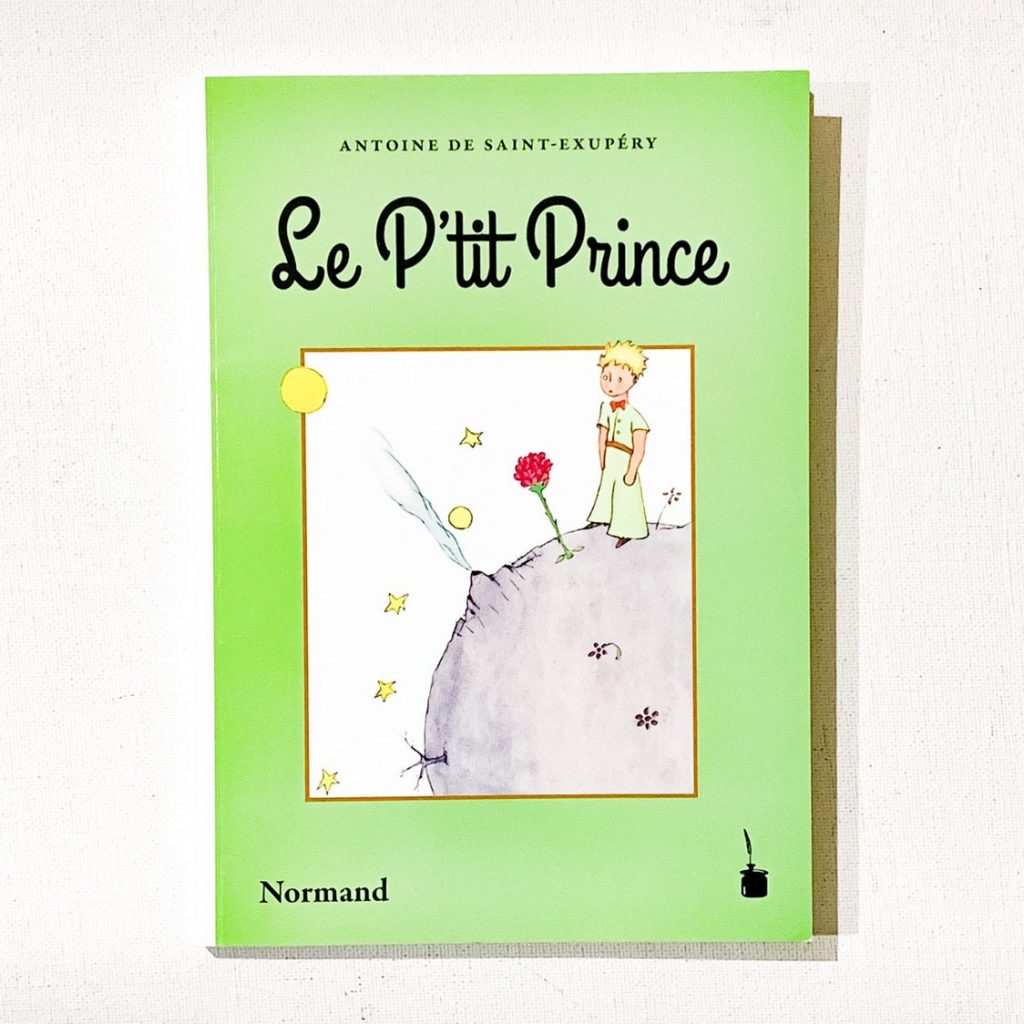
Le P’tit Prince — in Norman.
The Norman language, or Normaund, is a Romance tongue with a rugged maritime cadence, spoken traditionally in Normandy and the Channel Islands, particularly Jersey and Guernsey, where its insular variants—Jèrriais and Guernésiais—still echo through the lanes and coastal winds. Emerging from the Old Gallo-Romance dialects of northern France and enriched by the Norse influence of Viking settlers in the 9th and 10th centuries, Norman developed into a distinctive language that straddled both Germanic and Latin worlds. It once held a powerful international stature: after the Norman Conquest of England in 1066, it became the language of the English court, law, and nobility, leaving a profound imprint on English vocabulary, particularly in areas of governance, law, cuisine, and chivalry. Though often grouped under the larger umbrella of langues d’oïl, Norman is not simply a rustic variant of French—it is a linguistic cousin with its own evolution, lexicon, and identity.
Culturally, Norman-speaking communities have long embodied a proud, seafaring spirit—shaped by tides, trade, and tales of conquest. The Channel Islands in particular have served as cultural time capsules, where Norman’s lyrical cadences survive in oral storytelling, traditional songs, and idiomatic wit passed down through generations. The language itself reflects this close-knit, often insular world: rich in agricultural, nautical, and pastoral vocabulary, with expressions that capture the humour, resilience, and pragmatism of island and coastal life. Even as French became dominant in education and administration from the 19th century onwards, Norman endured in parish life, kitchen-table conversation, and regional literature. Today, revitalisation efforts—through community classes, festivals, poetry, and bilingual signage—are reigniting interest in Norman as a cultural emblem of regional identity and linguistic heritage. In this sense, Norman stands not just as a relic of medieval power but as a living bridge between the Norse past, the French linguistic tradition, and the distinct local worlds shaped by salt, wind, and quiet defiance.


